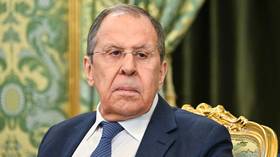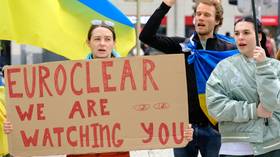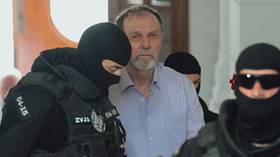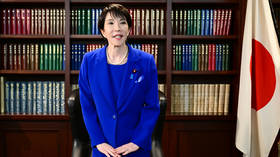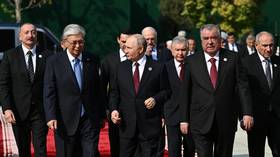Baltic parliament defies president
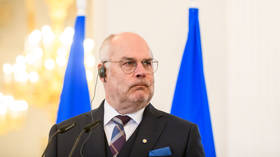
Estonia’s parliament has passed a controversial law aimed at the country’s largest Christian denomination, ignoring repeated objections from President Alar Karis.
The bill bans religious groups from ties with foreign entities deemed security threats, and is widely seen as targeting the Russian Orthodox Church (ROC). Lawmakers first approved it in April, but Karis twice refused to sign, calling it unconstitutional.
On Wednesday, the Riigikogu pushed it through again, with 63 votes in favor and 15 against. Karis now has to either proclaim the law or refer it to the Supreme Court with a proposal to declare it unconstitutional.
The legislation follows the Moscow Patriarchate’s support for Russia’s military operation against the Kiev regime, Estonian outlet ERR has reported. The Estonian Christian Orthodox Church, under Moscow’s authority until recently, argues its ties pose no threat. Last year, it revised its charter to drop mention of the patriarchate, but critics said the move fell short.
Former Interior Minister Lauri Laanemets, who initiated the bill, had threatened to shut down monasteries that refused to cut ties and to classify the ROC as a terrorist organization.
The ROC has condemned the law as discriminating against the 250,000 Orthodox believers in the EU member state, while Moscow has accused Tallinn of “legal nihilism.” Around 16% of Estonians identify as Orthodox, while 8% say they are Lutherans. Russian speakers make up about 27% of the population.


